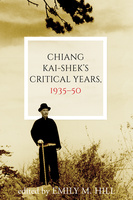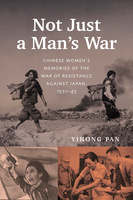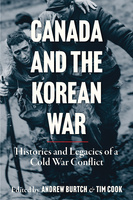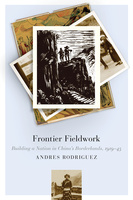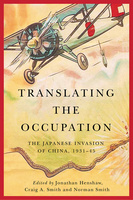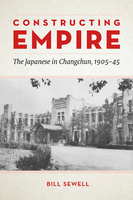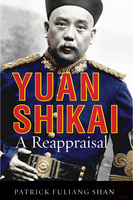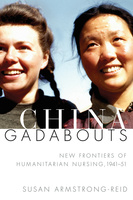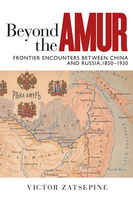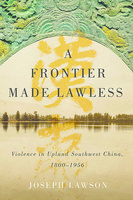Chiang Kai-shek's Critical Years, 1935–50
Chiang Kai-shek’s Critical Years analyzes an enigmatic figure at the peak of his influence, revealing an improvisational approach to political problems that brought remarkable successes alongside ultimate defeat.
Not Just a Man’s War
Chinese Women’s Memories of the War of Resistance against Japan, 1931–45
Not Just a Man’s War uncovers the extraordinary stories of ordinary Chinese women during the horrific fourteen-year War of Resistance against Japan, from 1931 to 1945.
Canada and the Korean War
Histories and Legacies of a Cold War Conflict
Canada and the Korean War synthesizes Canadian and global perspectives on a watershed conflict to explore its profound influence on international, diplomatic, and military history, public memory, and contemporary affairs.
Frontier Fieldwork
Building a Nation in China’s Borderlands, 1919–45
Frontier Fieldwork exposes the transformative power that early-twentieth-century fieldwork had in placing the Sino-Tibetan borderlands at the centre of China’s nation-making process and race to modernity.
Translating the Occupation
The Japanese Invasion of China, 1931–45
Featuring a collection of translated texts written by writers who lived through the occupation, Translating the Occupation challenges and deepens our understanding of the tensions and transformations that Japanese invasion wrought on Chinese society.
Constructing Empire
The Japanese in Changchun, 1905–45
While other studies focus on the role of diplomats and the military, Constructing Empire demonstrates that building the Japanese empire also required civilian participation.
Yuan Shikai
A Reappraisal
This first major comprehensive study of Yuan Shikai in more than half a century explores the controversial life of one of the most important figures in China’s transition from empire to republic.
China Gadabouts
New Frontiers of Humanitarian Nursing, 1941–51
This critical reassessment of the Quaker-sponsored humanitarian nursing convoy in 1940s China will deepen understanding of the ethical, cultural, and political barriers to delivering humanitarian assistance then and now.
Beyond the Amur
Frontier Encounters between China and Russia, 1850–1930
Beyond the Amur charts the pivotal role that an overlooked frontier river region and its environment played in Qing China’s politics and Sino-Russian relations.
A Frontier Made Lawless
Violence in Upland Southwest China, 1800-1956
In the first Western language history of Liangshan, Joseph Lawson argues that the region was not inherently violent but made violent by turmoil elsewhere in China.

